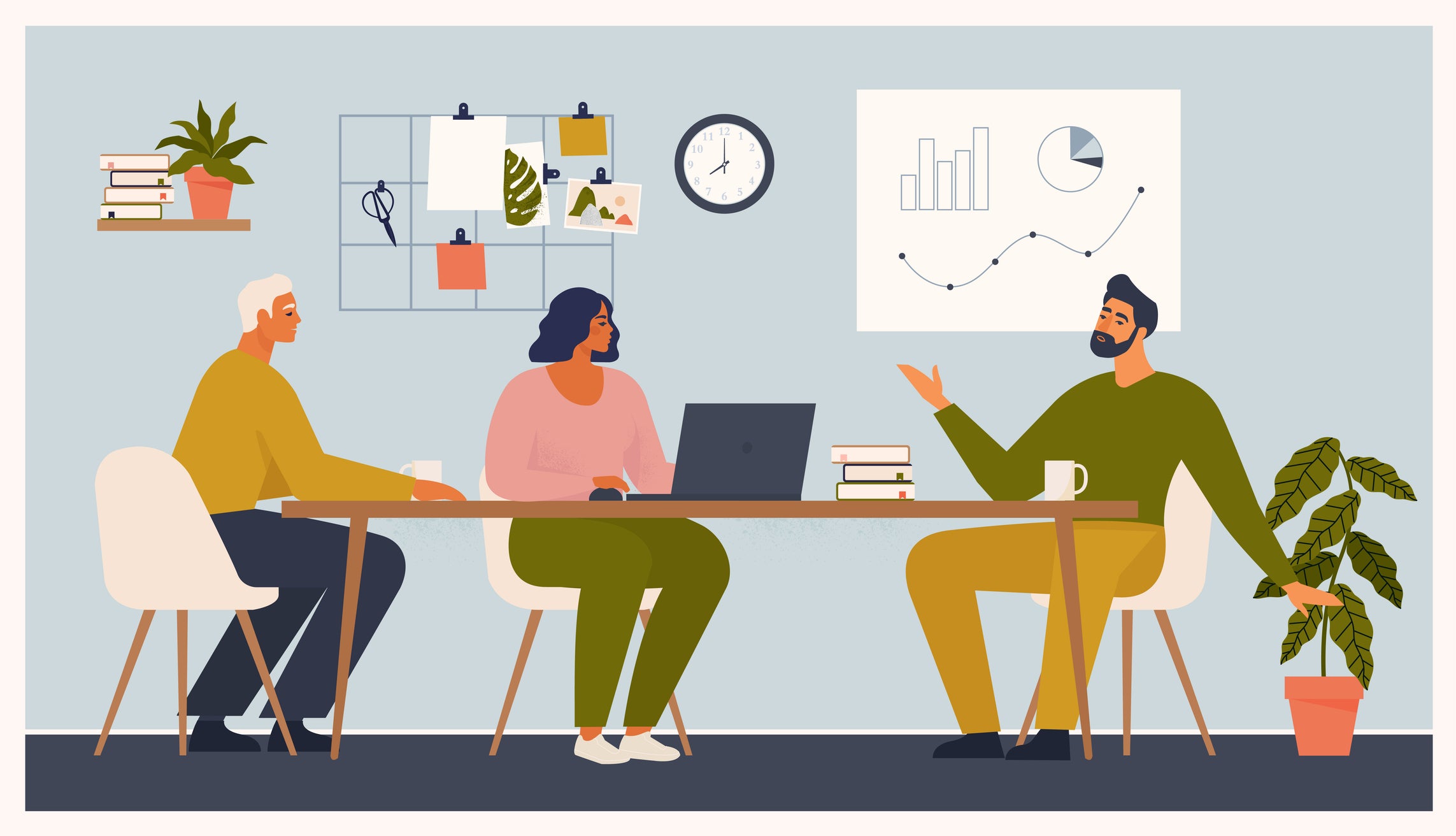How to have a great day at work: Stop being so nice
In her regular column, business founder and wellness expert Nicola Elliott looks at one thing we can all do that will make our nine-to-five feel happier and healthier


Running a wellbeing company, which is also a certified B Corp, means that looking after the planet, our people and work culture is part of our measured company metrics as much as profit is. So, it was interesting to hear about social psychologist Tessa West’s research on the negative impact of being “too nice” – especially in the workplace.
West has been studying the science of “uncomfortable social interactions” for over 20 years. She doesn’t just look at the workplace but at awkward conversations in the doctor’s room, negotiations, new flatmate dynamics, feedback with your boss – all the difficult places you can imagine.
She examines how people act in these situations and what they do consciously and unconsciously, how friendly they are, how much they compliment each other, and the kind of feedback they give. It turns out “anxious-but-nice feedback” is becoming deeply embedded into our community, workplace, teams and personal workplaces and it’s all becoming a bit toxic. That dance we do with our co-workers, the “nice feedback”? People can tell it’s not 100 per cent genuine.
In such situations, West has measured “under the skin responses”, and she reports a stress response spike in both parties, heart rate and blood pressure increases, plus feelings of anxiety. Perhaps most interestingly, in awkward situations we often don’t have the social cues to manage them, so we do and say “nice things”, sometimes even bending over backwards to make people feel better.
Studies show that through the micro signals you’re making and the ways your words don’t always match your body language (a slightly brittle smile, a little side eye or avoiding eye contact or pulling away) you aren’t being honest. In short, body language will give you away and your over-niceness will too. Once these responses are picked up, the situation will become even more stressful, damaging your relationship with people more than you realise and harming reputations on both sides.
But does this mean we want tougher, more constructive feedback? West doesn’t recommend you cut straight to, “do you want me to be nice or just honest?” and instead suggests framing it like this: “Can I give you specific feedback on a couple of dimensions?” She says to think of feedback as two specific buckets – what people are doing well and what they should stop.
This applies to all areas of life, by the way, not just work – she says it’s just as helpful in the bedroom. Specifics are key. Don’t just say “you don’t take initiative enough”, drill deeper, like “don’t wait for Laura to ask if you found any errors, tell Laura – ‘I found some errors within a day of reading the report’”.
Always replace your negative with a positive specific instead – these are called “replacement behaviours”. Breaking these toxic positivity cycles isn’t often easy, so she suggests starting small – using the system but on something simple, for example: “I would switch the order of points in your presentation.” Not so scary to deliver and rather than killing the niceness altogether, place it in your delivery instead.
The funny thing is, giving this sharper kind of feedback presents the most positive of all outcomes because it doesn’t only get the behaviour you want, but also shows a co-worker that ultimately you’re aligned with their work goals. It shows them you are invested in them doing better. For businesses, as well as individuals, it may be time to reframe “niceness culture” and think about whose interests it really serves in the end.
Nicola Elliott is the founder of NEOM, and her book, ‘The Four Ways to Wellbeing: Better Sleep. Less Stress. More Energy. Mood Boost’, is published by Penguin Life
Join our commenting forum
Join thought-provoking conversations, follow other Independent readers and see their replies
Comments

Bookmark popover
Removed from bookmarks